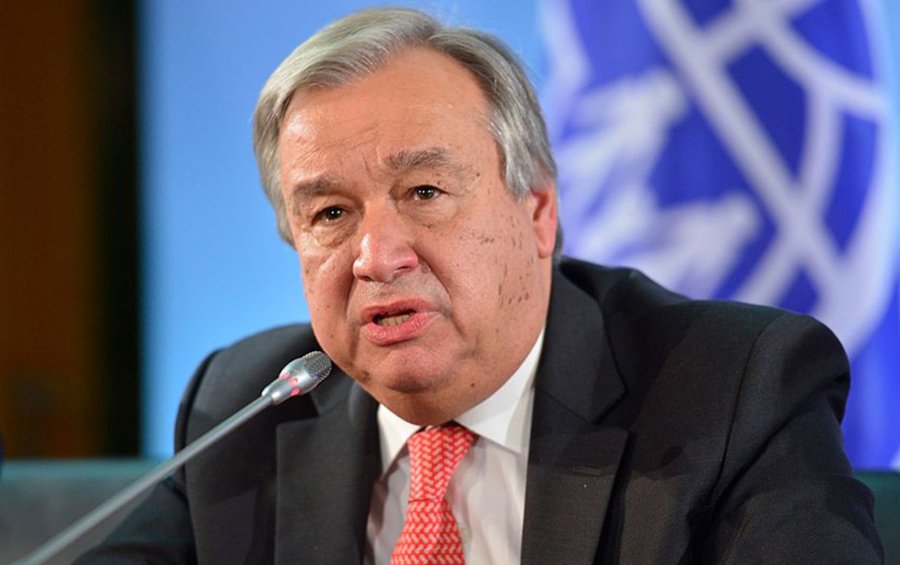
The United Nations Refugee Agency (UNHCR) has disclosed it received $181,646,993 from contributors as of May 31, 2024, for its operations in Nigeria and other countries in West and Central Africa.
The agency is the UN arm that provides vital protection and assistance to refugees, asylum-seekers and internally displaced persons.
It revealed the funds and developments in the region in its report in June tagged “UNHCR PROJECTED GLOBAL RESETTLEMENT NEEDS 2025”.
According to the UNHRC West and Central Africa Funding Update 2024 cited in the report and the United States of America, the European Union, Britain and over 19 contributors provided $181,646,993 as of May 2024 with the US leading in funding.
This represents 16% of the $ 1.115 billion UNHCR’s financial requirements for 2024.
It noted that the financial requirements for West and Central Africa are for the agency’s operations in Burkina Faso, Cameroon, Central African Republic, Chad, Gabon, Ghana, Liberia, Mali, Niger and Nigeria.
According to the -West and Central Africa (WCA) remains one of the most unstable regions in the world due to political instability and the increasing spread and intensification of armed conflict.
It added that both new and protracted conflicts persist and continue to be the main drivers of displacement in the region.
“As of January 2024, there were 13.4 million forcibly displaced persons within the region (West and Central Africa), of whom 2.3 million are refugees and asylum-seekers and 7.9 million are internally displaced persons.
“The seven largest countries of origin of refugees in the regions are Sudan, the CAR, Nigeria, Burkina Faso, Mali, Cameroon and Chad, accounting for 96 per cent of the total refugee population. Sudan alone makes up 42 per cent of the overall refugee population, followed by the CAR (21 per cent). ,” the report added.
It explained that growing competition for significantly diminished resources, often exacerbated by the effects of climate change across many parts of the region, is compounding humanitarian needs together with the additional impact of poverty and inflation.
Based on the new information, the UNHRC stated that there has been a 41% increase in the refugee and asylum-seeker population in the region compared to 2023, which according to it, is largely attributed to the recent displacement induced by the conflict in Sudan.
“The resettlement profiles under consideration in the context of this crisis are principally women and girls at risk, refugees with compelling medical needs, survivors of violence and torture, including survivors or those at risk of gender-based violence, and persons with legal and physical protection needs,” it added.
The UNHCR is the UN agency working to ensure that everybody has the right to seek asylum and find safe refuge, having fled violence, persecution or war at home.
The National Commission for Refugees Migrants and Internally Displaced Persons (NCFRMI) saying that insecurity and natural disasters have displaced over 6.1 million Nigerians.
Tijjani Aliyu, the Federal Commissioner of NCFRMI, had said that as of 2022, the commission has about 3 million displaced persons, “but with floods and other natural disasters, we now have an additional 100 per cent of such displaced people.”







